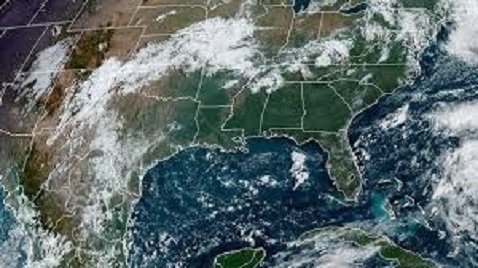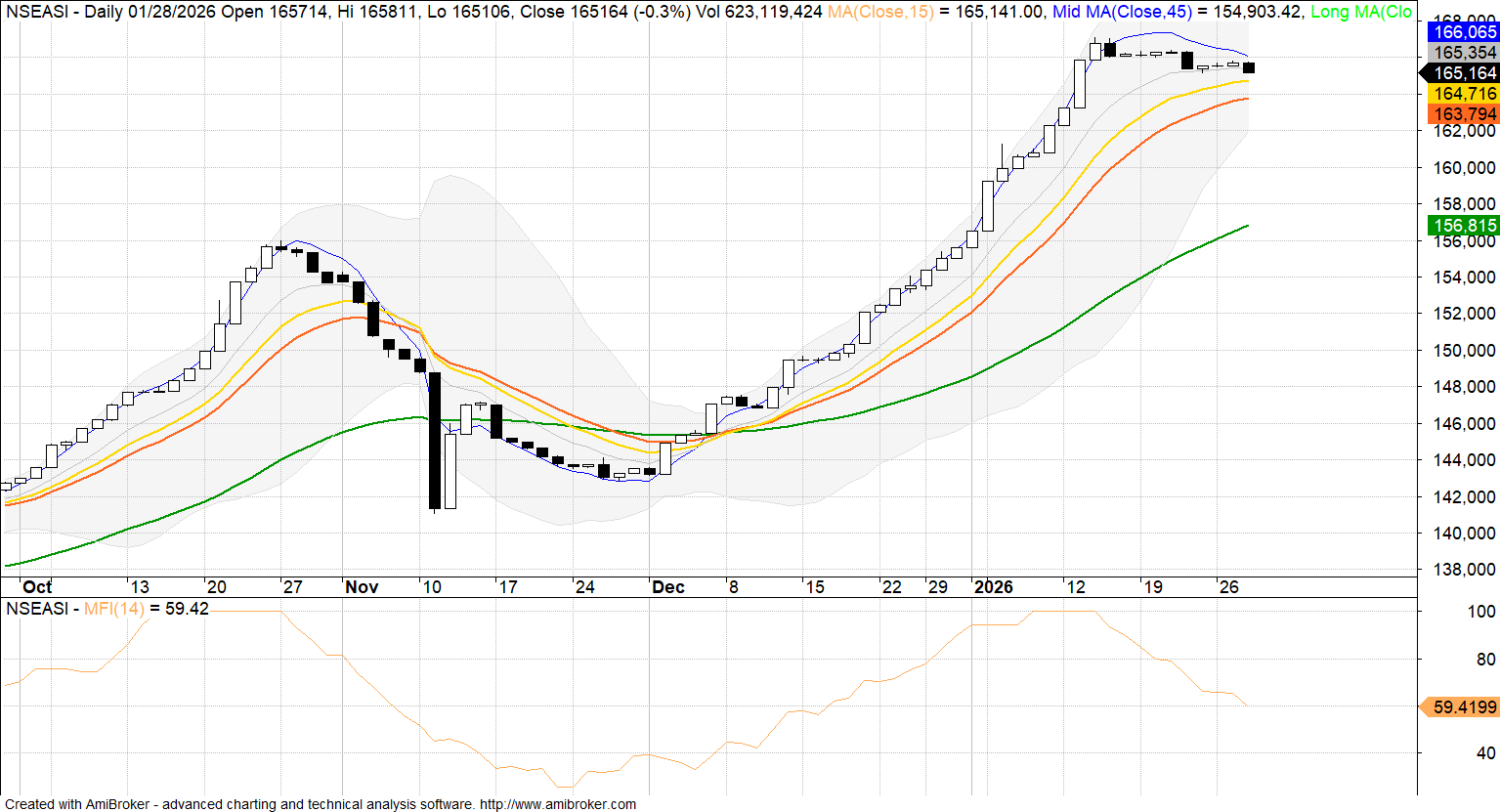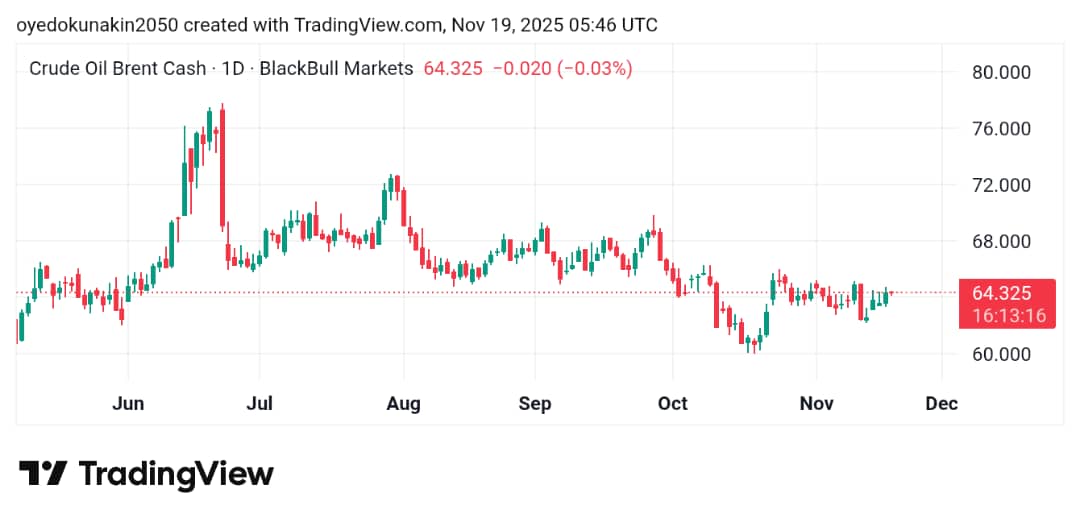
Akintunde Oyedokun
Research Analyst
Oil prices rose by over $1 on Thursday as drone attacks on Iraqi Kurdistan oilfields—blamed on Iran-backed militias—continued for a fourth day, disrupting over half the region’s output. Brent settled at $69.52 and U.S. crude at $67.54. The attacks, combined with falling U.S. inventories and uncertainty around upcoming U.S. tariffs, fueled supply fears and market volatility. Analysts note the global oil market remains sensitive to both geopolitical disruptions and economic policy shifts.
Australia’s Jobless Rate Surges to 4.3%, Fuels Rate Cut Expectations
Australia’s unemployment rate climbed to 4.3% in June—the highest since late 2021—despite a modest 2,000 job gain, falling short of forecasts. Full-time employment dropped by 38,200 and hours worked declined, suggesting mounting cracks in the labour market.
The weak data pushed the Australian dollar down 0.7% and boosted market expectations of an August rate cut to 85%. While job vacancies showed some signs of stabilizing, analysts warn that rising global uncertainty and cooling domestic demand may weigh further on hiring. The Reserve Bank awaits key inflation data before deciding its next move.
Japan’s Exports Slip Amid U.S. Tariffs, Auto Sector Takes Major Hit
Japan’s exports fell 0.5% in June, dragged down by an 11.4% drop in shipments to the U.S., largely due to steep declines in automobiles and pharmaceuticals. The fall highlights rising pressure from renewed U.S. tariffs, with a 25% rate set to take effect by August if no trade deal is reached.
Automakers, absorbing costs to remain competitive, boosted shipment volumes but at the cost of margins. Japan’s trade surplus with the U.S. shrank nearly 23% to 669 billion yen, while total imports rose 0.2%, resulting in a smaller-than-expected trade surplus of 153.1 billion yen.
South Africa’s Coalition Fractures Over U.S. Tariff Response, Visa Dispute
Tensions have escalated between South Africa’s coalition partners over how to handle looming U.S. tariffs, set to begin August 1 and potentially cost 100,000 jobs. The Democratic Alliance (DA) claims the U.S. denied a diplomatic visa to Mcebisi Jonas, President Ramaphosa’s appointed envoy, a claim the presidency has neither confirmed nor denied. Frustration also mounted after the DA made an independent U.S. trip to lobby against tariffs, drawing ANC criticism. The rift highlights growing friction within the fragile ANC-DA coalition, already strained by policy clashes and allegations of unilateral actions.
Electricity Amendment Bill Could Raise Tariffs, Push ₦5tr Burden On Nigerians — Forum
The Forum of Commissioners of Power and Energy (FOCPEN) has raised concerns that the 2025 Electricity Act Amendment could force Nigerians to bear ₦5 trillion in unpaid subsidies through increased electricity tariffs.
They argue the bill would reintroduce a costly subsidy regime by requiring mandatory consumer payments to the Power Consumer Assistance Fund (PCAF) and funding new federal agencies, further straining both consumers and government finances.
FOCPEN urged lawmakers to halt the bill, warning it could derail ongoing reforms, discourage investment, and burden citizens who never benefited from the initial subsidies.












